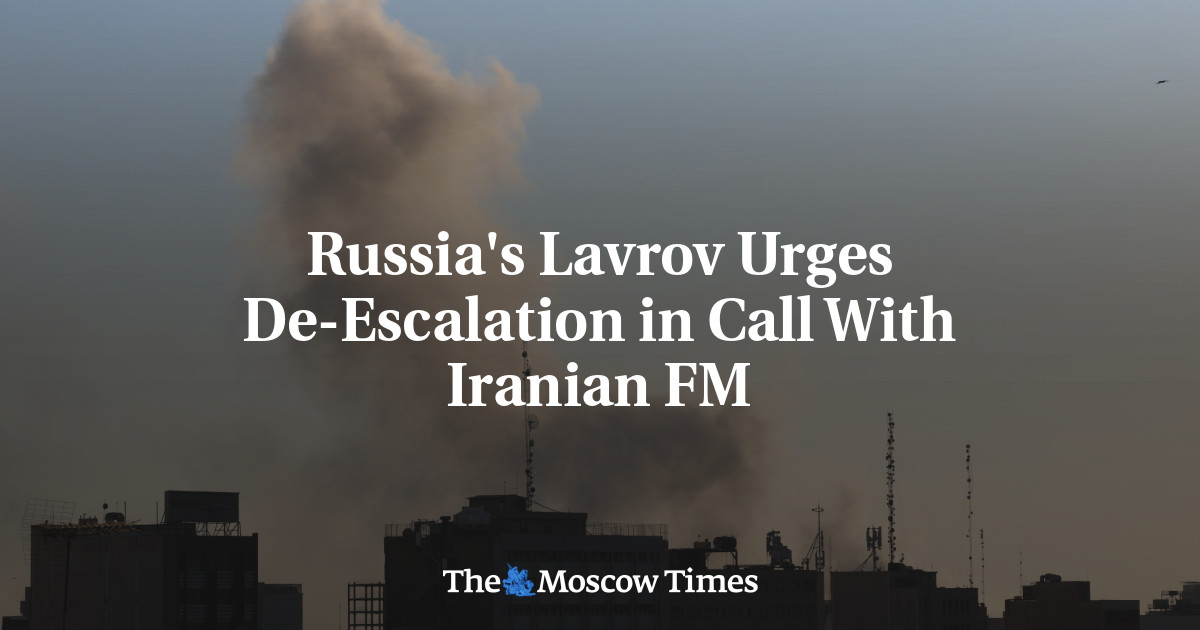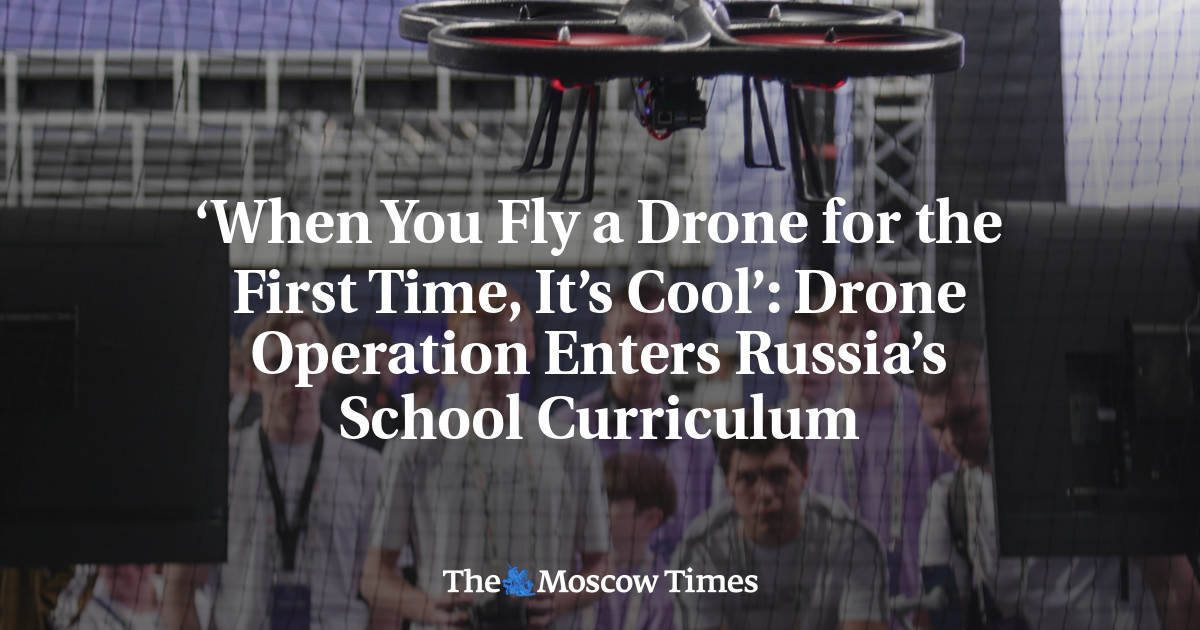The US Air Force plans to launch a hypersonic missile Wednesday night in a test of the weapon system's effectiveness, readiness and accuracy.
The Minuteman III intercontinental ballistic missile (ICBM) could lift off at any time between 11pm PT Wednesday and 5am PT Thursday from Vandenberg Space Force Base in California.
The exercise will send an unarmed ICBM on a 4,200-mile journey to a test range near Kwajalein Atoll in the Pacific Ocean, a flight expected to take about 22 minutes.
America's ICBM is also capable of carrying three Mk 12A nuclear warheads, each packing up to 350,000 tons of TNT, and is designed to hit targets anywhere in the world within 30 minutes of launch.
While the exercise focuses on a single missile, the US maintains a far larger nuclear arsenal.
According to a 2025 report from the Nuclear Information Project, roughly 1,770 warheads are deployed, including 400 on land-based ICBMs, about 970 on submarine-launched ballistic missiles, 300 at bomber bases in the US and around 100 tactical bombs stationed at European bases.
Officials emphasized that the upcoming test is a routine exercise scheduled years in advance. However, it comes as President Donald Trump claimed that Russia and China are conducting secret underground nuclear weapon tests.
Speaking with 60 Minutes' Norah O'Donnell on Sunday, the president said, 'Russia's testing and China's testing, but they don't talk about it. They don't have reporters that are going to be writing about it, we do.'
The US Air Force is set to launch an unarmed Minuteman III intercontinental ballistic missile (ICBM) in a test of the weapon system's effectiveness, readiness and accuracy. Pictured is a previous launch of the ICBM
America's ICBM is also capable of carrying three Mk 12A nuclear warheads, each packing up to 350,000 tons of TNT, and is designed to hit targets anywhere in the world within 30 minutes of launch
While the Air Force has not disclosed specific details about the test, it has traditionally selected a missile at random from F.E. Warren Air Force Base in Wyoming for each exercise.
'The US Air Force operates 400 silo-based Minuteman III ICBMs and keeps another 50 silos 'warm' to load stored missiles if necessary, for a total of 450 silos,' the Nuclear Information Project reported.
'Land-based missile silos are divided among three wings: the 90th Missile Wing at F.E. Warren Air Force Base in Wyoming, the 91st Missile Wing at Minot Air Force Base in North Dakota, and the 341st Missile Wing at Malmstrom Air Force Base in Montana.
'Each wing has three squadrons, each with 50 Minuteman III silos, collectively controlled by five launch control centers.'
ICBMs armed with the W78/Mk12A warheads could theoretically carry two or three independently targetable warheads each, giving the land-based missile force a potential total of around 800 warheads.
The ICBM is one of two missiles currently used by the US, the other being submarine-launched ballistic missiles (SLBMs) deployed from underwater submarines.
The weapon remains a vital component of the US military's nuclear forces, capable of delivering a nuclear payload to targets worldwide.
However, it is scheduled to be phased out by 2029 and replaced with the LGM-35A Sentinel ICBM.
The exercise will send an unarmed ICBM on a 4,200-mile journey to a test range near Kwajalein Atoll in the Pacific Ocean, a flight expected to take about 22 minutes
Officials emphasized that the upcoming test is a routine exercise scheduled years in advance. Pictured is a previous launch of the ICBM
The US Air Force said that 'the Sentinel weapon system is the most cost-effective option for maintaining a safe, secure, and effective land-based leg of the nuclear triad and would extend its capabilities through 2075.'
The LG-35A Sentinel will replace the Minuteman III ICBM with an initial capability of 2029.
Until full capability is achieved in the mid-2030s, the Air Force is committed to ensuring Minuteman III remains a viable deterrent.
The upcoming test also comes a week after Vladimir Putin claimed the Kremlin's military had tested a nuclear-powered torpedo and a new cruise missile, which followed Trump vowing to restart testing US nuclear weapons in response.
Confusion has surrounded Trump's order to resume testing, particularly if he meant conducting the country's first nuclear explosion since 1992.
The 79-year-old Republican first made his surprise announcement on social media on Thursday, minutes before entering a summit with Chinese leader Xi Jinping in South Korea.
No country other than North Korea is known to have conducted a nuclear detonation for decades.
Russia and China have not carried out such tests since 1990 and 1996, respectively.
.
 (1).png)
 3 months ago
30
3 months ago
30

















